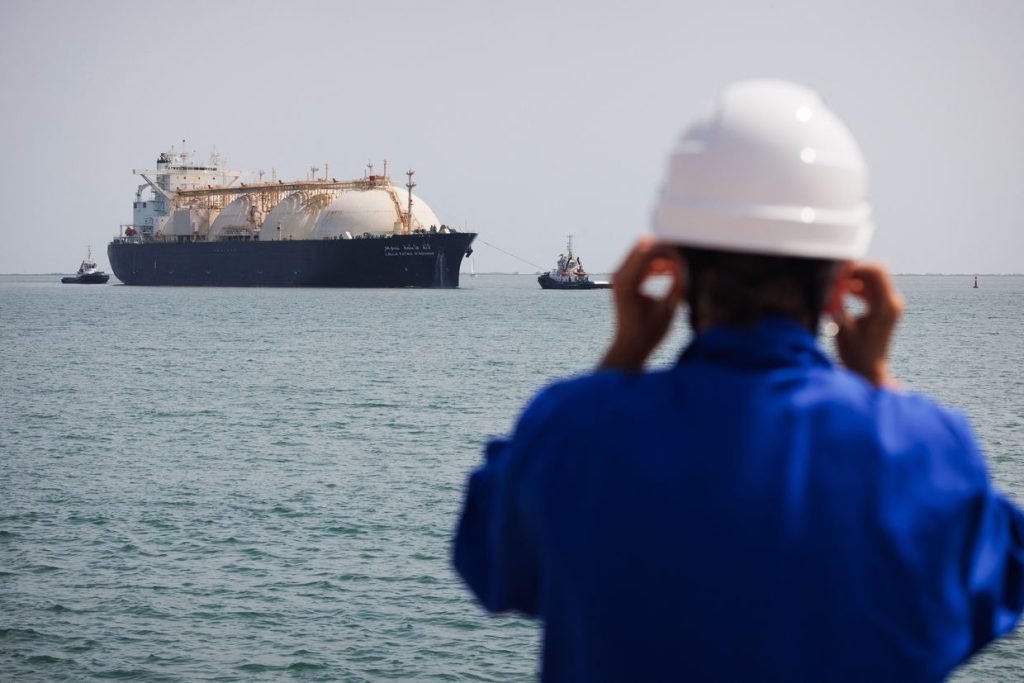France has emerged as the fastest-growing consumer of Russian liquefied natural gas (LNG) in the EU, with the country paying Russia 600 million euros for LNG imports in the first three months of 2024. Despite the EU banning the supply of equipment to Russia for LNG production, there are no EU-wide sanctions in place to prevent buying LNG from Russia. This is partly due to long-term contracts that some European energy companies have with Russian suppliers, making it legally complex to stop imports without incurring compensation costs. France, for example, is locked into a long-term agreement with Russia that requires them to purchase a certain amount of LNG until 2032.
Similar cases have been reported, such as a German state-owned company continuing to ship Russian LNG to India, as canceling the contract could cost over $10 billion in taxpayer money. However, some countries like the U.K., Latvia, Lithuania, and Finland have taken steps to ban Russian LNG imports, with the European Parliament passing a motion on April 11 to allow member states to ban Russian and Belarusian companies from buying capacities in their gas pipelines and LNG terminals. This would enable European energy firms to terminate contracts with Russian suppliers without facing fees or fines.
Despite sanctions and expressions of solidarity for Ukraine, many European Union countries still rely heavily on Russian fossil fuels, highlighting Europe’s addiction to Russian energy sources. Over two years into Russia’s invasion of Ukraine, the EU’s continued dependence on Russian natural gas raises questions about the effectiveness of sanctions and the commitment to reducing reliance on Russian energy. While some countries have taken steps to ban Russian LNG imports, others like France continue to increase their purchases, citing legal obligations and contractual commitments as obstacles to ceasing imports from Russia.
Critics argue that inaction by countries like France is partly due to resistance from energy companies like TotalEnergies, which have significant stakes in Russian LNG projects, forcing them to meet contractual obligations despite geopolitical tensions. The complexity of long-term contracts and the financial implications of canceling agreements make it challenging for some European countries to completely sever ties with Russian energy suppliers. The European Parliament’s recent decision to allow member states to ban Russian and Belarusian companies from buying capacities in gas pipelines and LNG terminals could provide a pathway for European energy firms to exit contracts without facing financial penalties.
As the debate over Europe’s fossil fuel addiction continues, pressure is mounting on EU member states to reduce their reliance on Russian energy sources and transition towards more sustainable and secure energy alternatives. The ongoing conflict in Ukraine and Europe’s continued dependence on Russian fossil fuels highlight the urgent need for diversification and decarbonization of the energy sector. While some progress has been made in banning Russian LNG imports, further steps must be taken to ensure energy security and independence from Russian energy sources in the long term. Joining the fight to support independent journalism in Ukraine can help raise awareness and advocate for responsible energy policies in Europe.















